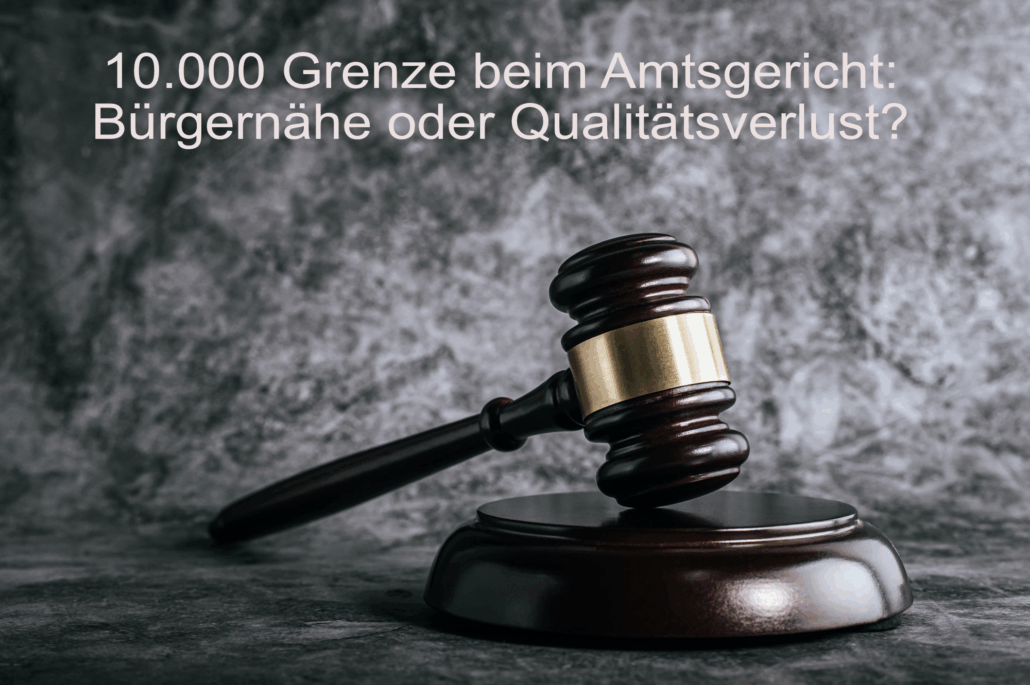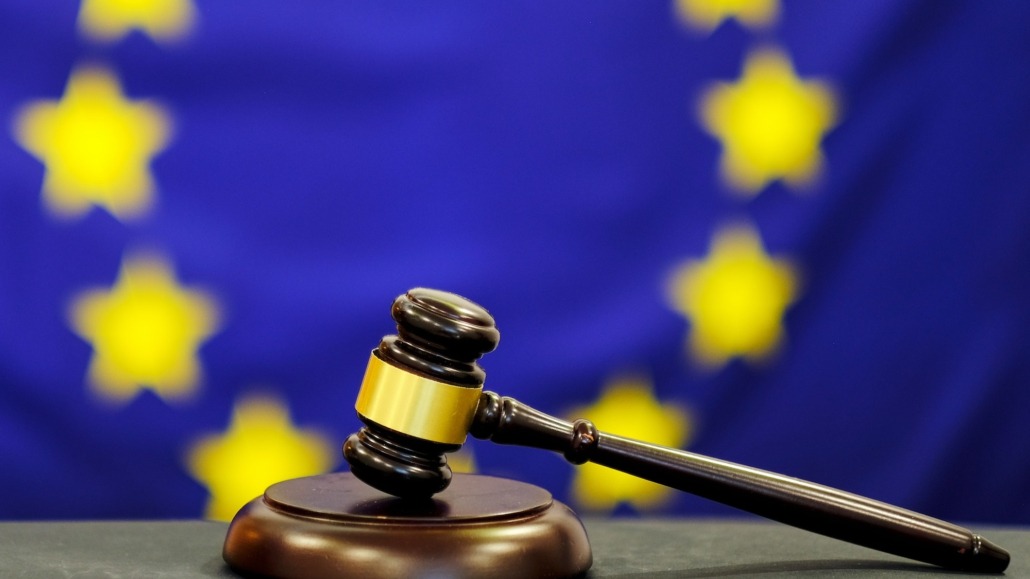Documentary action in civil proceedings: definition, procedure and context with the order for payment procedure
This post is also available in: DE
This guide explains the document action in German civil proceedings, its differences to the dunning procedure and gives tips on when it makes sense.
An action based on documentary evidence or a documentary process offers the possibility, as an accelerated procedure, to bring an action – initially – only by means of documents, see Section 592 ZPO.
Consequently, no witnesses are heard and no expert opinions are prepared in the so-called documentary proceedings. Only the claim arising from the document is examined. The defendant’s defense options are limited to documents. The latter means:
Even if the claim asserted by means of documents is unfounded, but the defendant cannot prove this by means of documents, the plaintiff will initially win the documentary proceedings and thus obtain a – provisionally – enforceable title.
However, the defendant then has the opportunity to raise all objections to the claim that he was denied in the documentary proceedings in so-called subsequent proceedings (Section 600 ZPO). In the event of success, the plaintiff, who has taken enforcement measures on the basis of the title obtained in the documentary proceedings, is obliged to pay damages to the defendant.
The documentary process described above should be seen in conjunction with the dunning procedure. Both procedures represent an opportunity to obtain an enforcement order in a significantly shorter time compared to a regular lawsuit.
While an unfounded objection by the defendant in dunning proceedings simply leads to the plaintiff having to pursue his claim further in regular legal proceedings, the action for documentary evidence offers the opportunity to obtain an enforcement order by means of a document that suitably securitizes the claim in question. An objection by the defendant alone is therefore not sufficient. Only if the defendant succeeds in overturning the merits of the claim on the basis of the document must the plaintiff – as in the case of the dunning procedure – pursue his claim further in regular legal proceedings.

The action on documentary evidence is intended to speed up the proceedings, but can only fully exploit its advantages if the claim clearly emerges from the document and the defendant does not raise any substantiated objections. Otherwise, the proceedings can – or rather: will – turn into regular legal proceedings (subsequent proceedings) with the result that the plaintiff should have opted for the normal proceedings from the outset.
Even if the legal requirements for bringing an action for documentary evidence are met, this is therefore not always the best choice.
In particular, the plaintiff is advised to anticipate the defendant’s potential resistance in advance and to plan accordingly. If the defendant’s resistance seems likely, it makes more sense in case of doubt to opt directly for regular legal proceedings in order to save time and resources.
However, before choosing this method, the specific facts of the case should always be considered and the advantages and disadvantages weighed up.


Up to €10,000 in the local court – a mistake with an announcement. The planned reform of the amount in dispute will shift masses of proceedings from the regional courts to the local courts. Sounds like a relief – but will have the opposite effect.

Sometimes a single sentence decides billions. This is exactly what happened with the Stuttgart 21 project. At the center of the legal dispute was a short contractual provision – the so-called “speech clause”.

International agreements on jurisdiction, especially if they are to have exclusive validity, generally have the purpose of protecting the party benefiting from the agreement from the often very considerable costs of a legal dispute in a foreign country.
Unfortunately, however, it is not uncommon for the other contracting party to suddenly no longer want to know about the jurisdiction agreement in the event of a dispute. The background to such a dishonest approach is – obviously – not least the potential for blackmail associated with such an approach. This is because the party that finds itself – in breach of the jurisdiction agreement – exposed to a foreign lawsuit is regularly forced to take action abroad through lawyers in order to avoid legal disadvantages. This in turn is often very expensive, with the USA being the most prominent example.

I look forward to our networking.
This post is also available in: DE

 Recognition and enforcement of EU judgments in Germany
Recognition and enforcement of EU judgments in GermanyDiese Webseite nutzt Cookies. Wenn Sie die Webseite weiterhin nutzen, gehen wir von Ihrem Einverständnis aus.
VerstandenMehr erfahrenWe may request cookies to be set on your device. We use cookies to let us know when you visit our websites, how you interact with us, to enrich your user experience, and to customize your relationship with our website.
Click on the different category headings to find out more. You can also change some of your preferences. Note that blocking some types of cookies may impact your experience on our websites and the services we are able to offer.
These cookies are strictly necessary to provide you with services available through our website and to use some of its features.
Because these cookies are strictly necessary to deliver the website, refusing them will have impact how our site functions. You always can block or delete cookies by changing your browser settings and force blocking all cookies on this website. But this will always prompt you to accept/refuse cookies when revisiting our site.
We fully respect if you want to refuse cookies but to avoid asking you again and again kindly allow us to store a cookie for that. You are free to opt out any time or opt in for other cookies to get a better experience. If you refuse cookies we will remove all set cookies in our domain.
We provide you with a list of stored cookies on your computer in our domain so you can check what we stored. Due to security reasons we are not able to show or modify cookies from other domains. You can check these in your browser security settings.
These cookies collect information that is used either in aggregate form to help us understand how our website is being used or how effective our marketing campaigns are, or to help us customize our website and application for you in order to enhance your experience.
If you do not want that we track your visit to our site you can disable tracking in your browser here:
We also use different external services like Google Webfonts, Google Maps, and external Video providers. Since these providers may collect personal data like your IP address we allow you to block them here. Please be aware that this might heavily reduce the functionality and appearance of our site. Changes will take effect once you reload the page.
Google Webfont Settings:
Google Map Settings:
Google reCaptcha Settings:
Vimeo and Youtube video embeds:
The following cookies are also needed - You can choose if you want to allow them:
You can read about our cookies and privacy settings in detail on our Privacy Policy Page.
Datenschutzerklärung